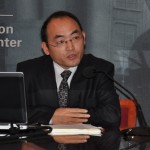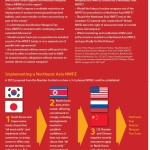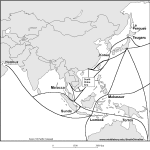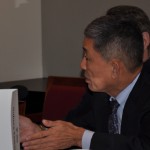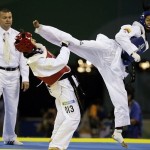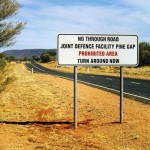
In this report Eric Heginbotham addresses the potential impact of a Northeast Asian Nuclea Weapons Free Zone on U.S. and allied deterrence capabilities in potential Korean Peninsula and Taiwan Strait scenarios. The report focuses primarily on technical military questions related to the balance and nature of military capabilities in those areas.
Eric Heginbotham is a senior political scientist at the RAND Corporation specializing in East Asian security issues. He has recently led RAND projects assessing U.S. engagement opportunities and challenges in Southeast Asia and on U.S. and Chinese relative military capabilities.
This report was originally presented at the New Approach to Security in Northeast Asia: Breaking the Gridlock workshop held on October 9th and 10th, 2012 in Washington, DC.


